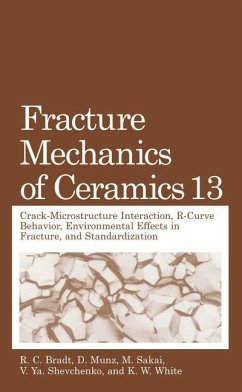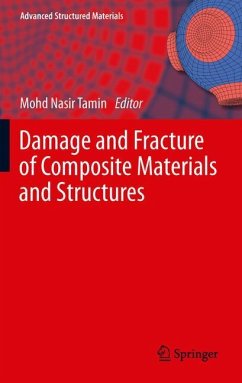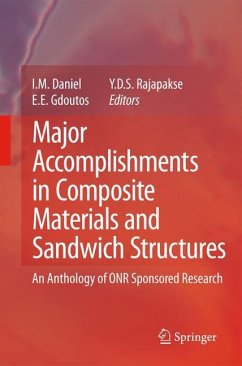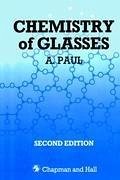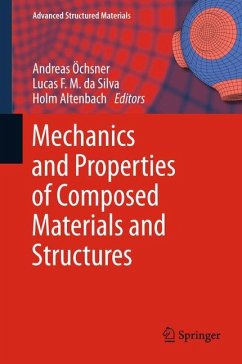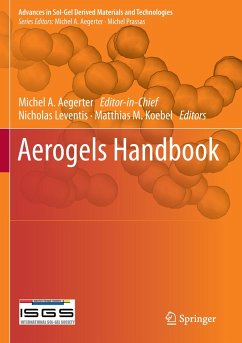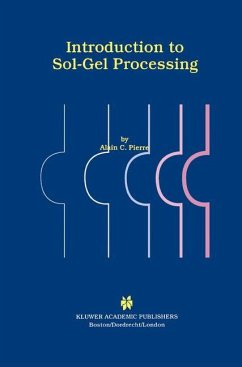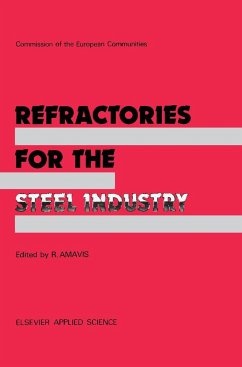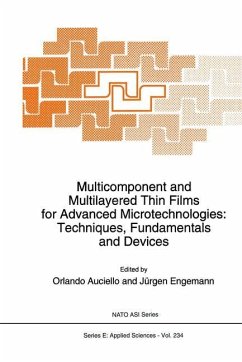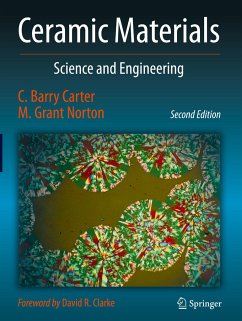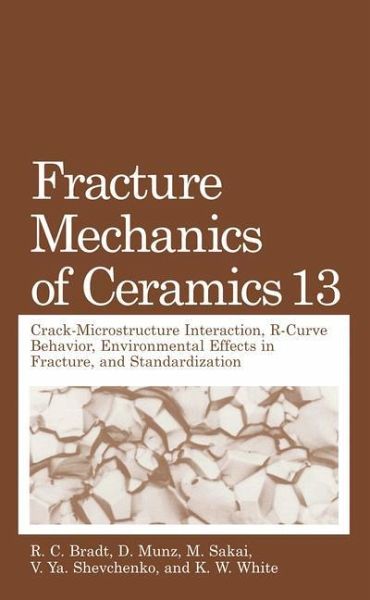
Fracture Mechanics of Ceramics
Volume 13. Crack-Microstructure Interaction, R-Curve Behavior, Environmental Effects in Fracture, and Standardization
Herausgegeben: Bradt, R. C.; Munz, D.; Sakai, M.; Shevchenko, V.Ya.; White, K. W.
Versandkostenfrei!
Versandfertig in 1-2 Wochen
154,99 €
inkl. MwSt.

PAYBACK Punkte
77 °P sammeln!
This Volume 13 of the Fracture Mechanics of Ceramics series constitutes the th Proceedings of the 7 International Symposium on the fracture mechanics of ceramics held at the Presidium of the Russian Academy of Sciences, Moscow, Russia on July 20 to 22, 1999. The series started from the Proceedings of the 1 st Symposium at the Pennsylvania State University that has been held on 1973 (Vols. 1 and 2), followed by 1977 and 1981 Years meetings (Vols. 3 to 6) which were held at the Pennsylvania State University, too. Volumes 7 and 8 are from the 1985 Symposium which was held at the Virginia Polytech...
This Volume 13 of the Fracture Mechanics of Ceramics series constitutes the th Proceedings of the 7 International Symposium on the fracture mechanics of ceramics held at the Presidium of the Russian Academy of Sciences, Moscow, Russia on July 20 to 22, 1999. The series started from the Proceedings of the 1 st Symposium at the Pennsylvania State University that has been held on 1973 (Vols. 1 and 2), followed by 1977 and 1981 Years meetings (Vols. 3 to 6) which were held at the Pennsylvania State University, too. Volumes 7 and 8 are from the 1985 Symposium which was held at the Virginia Polytechnic Institute and State University, Volumes 9 and 10 are from the 1991 Symposium at Japan Fine Ceramic Centre, Nagoya, and Volumes 11 and 12 are from the 1995 Symposium at Kernforschungszentrum, Karlsruhe. The theme of the Symposium was focused on the mechanical behaviour of advanced ceramics in terms of the cracks, particularly the crack-microstructure interaction, delayed failure, environmental effects in fracture. Special attention was paid on the novel methods in fracture mechanics testing, pre-standardisation and standartisation. The authors from 19 countries represented the current state of that field. The International Scientific Committee gratefully acknowledge the sponsoring provided by The Russian Academy of Sciences and, personally, Academician Yu.S.Osipov, President of RAS; The Ministry of Science and Technologies of the Russian Federation, Prof. G.Terestchenko; Russian Foundation for Basic Research, Academician I.Moiseev; Scientific Technical Center "Bacor", Dr. B.Krasnij; Gzhel Ltd., Prof.





